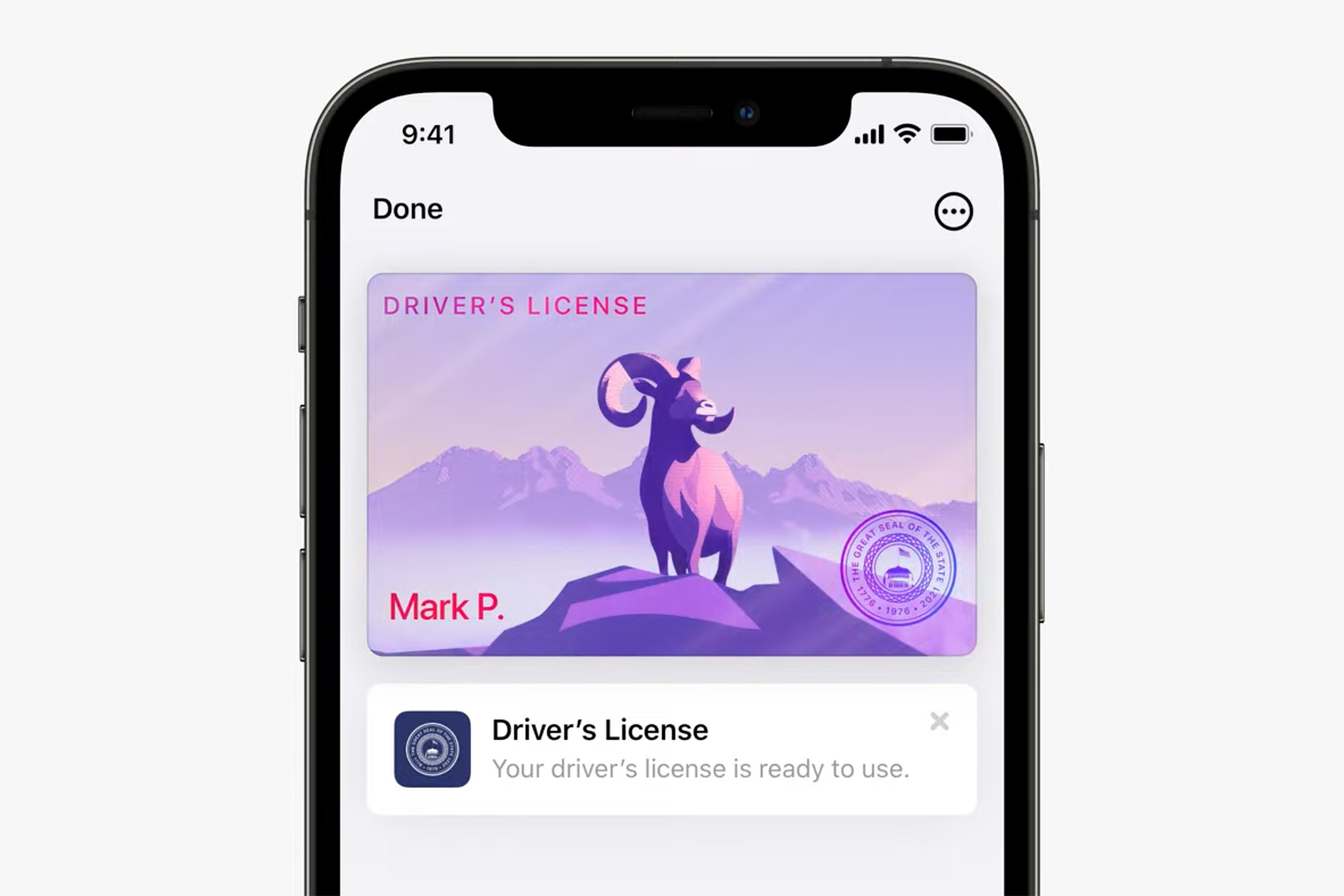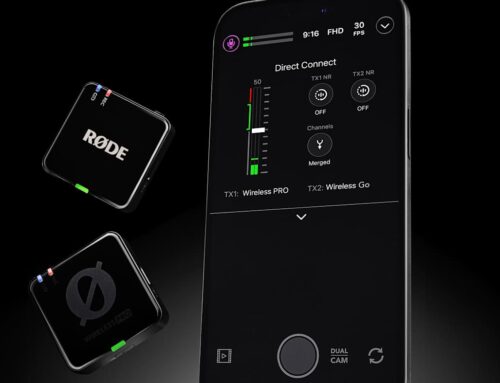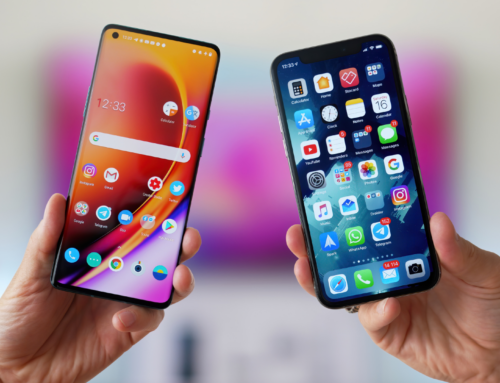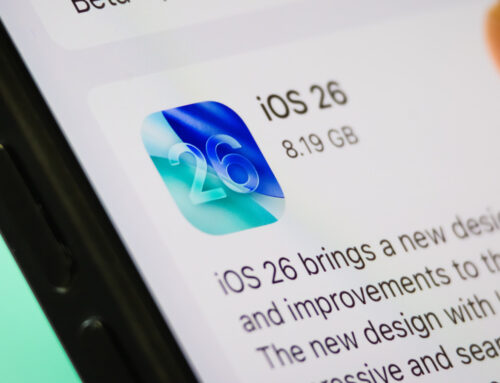Apple’s digital ID card support in iOS 15 may be convenient, but it also comes with tight requirements for the governments that use them. CNBC has learned states using Apple’s system are required to not only run the platforms for issuing and checking credentials, but hire managers to handle Apple’s requests and meet the iPhone maker’s performance reporting expectations. States also have to “prominently” market the feature and encourage other government agencies (both state and federal) to adopt the technology.
Contracts are nearly identical for Arizona, Georgia, Kentucky and Oklahoma, some of the earliest adopters of the program. That suggests other states, including Connecticut, Iowa, Maryland and Utah, may have to honor similar terms.
Apple declined to comment. A representative for Arizona’s Transportation Department told CNBC there were no payments to Apple or other “economic considerations,” though the states would have to cover the costs.
The details raise a number of concerns. While it isn’t surprising that states would have pay for at least some of the expenses, the contracts give a private company a significant amount of control over the use and promotion of government systems while asking governments to foot the bills. There’s also the question of what happens when Android digital IDs become available — how do states juggle multiple platforms? Apple isn’t preventing states from offering IDs on Android, but its requirements could give it a significant early advantage.
All products recommended by Engadget are selected by our editorial team, independent of our parent company. Some of our stories include affiliate links. If you buy something through one of these links, we may earn an affiliate commission.







